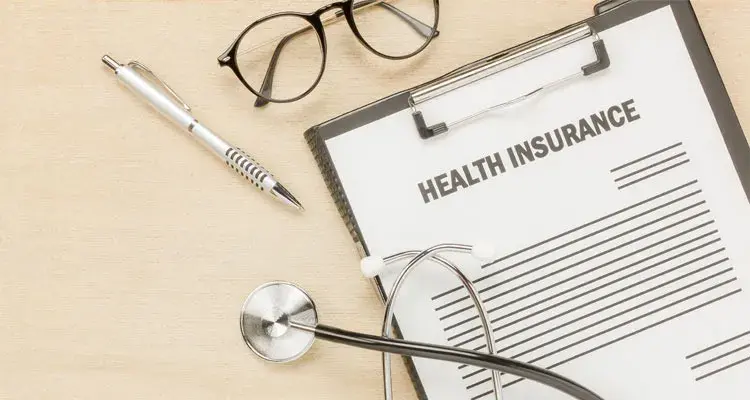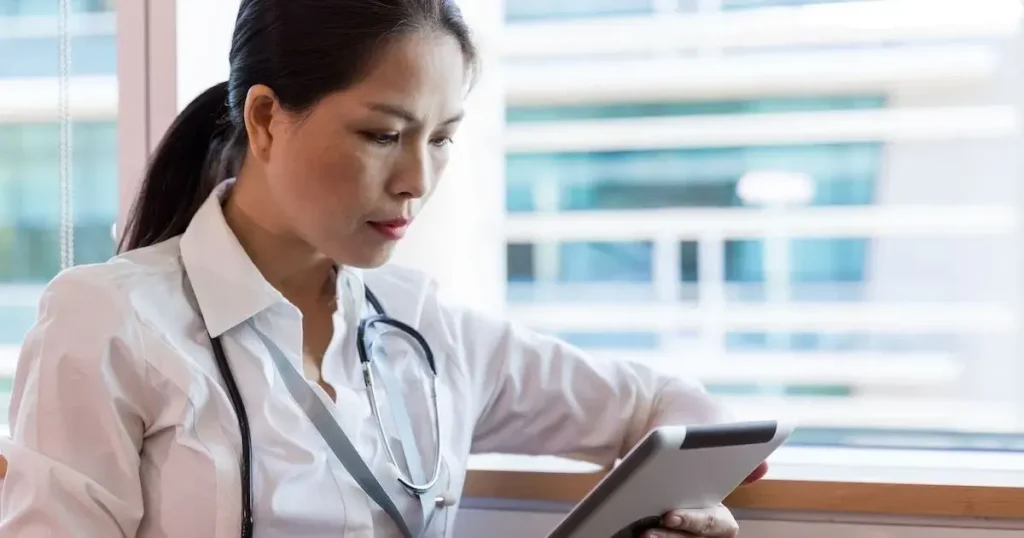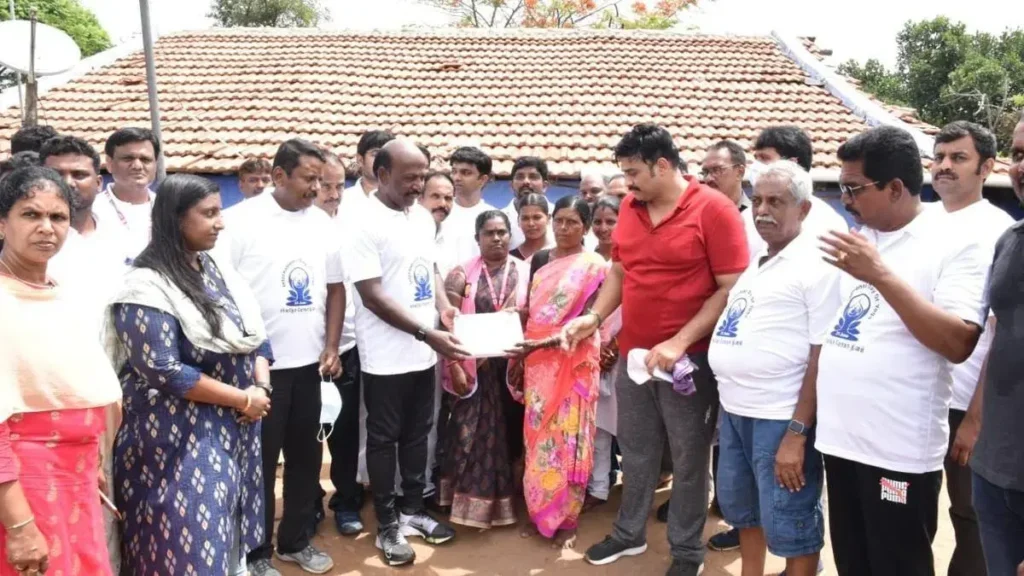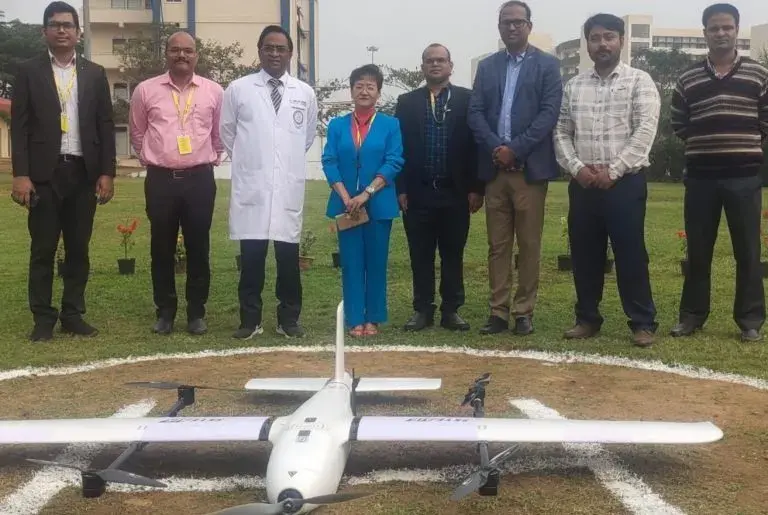MediBuddy Launches BuddyCare to Revolutionize Cashless Healthcare
MediBuddy has unveiled BuddyCare, a networking platform under the India Health Care Collaborators (IHCC) initiative, to strengthen India’s cashless primary healthcare infrastructure. This innovative platform connects insurance companies, healthcare providers, and intermediaries, fostering a robust ecosystem in alignment with India’s ‘Insurance for All by 2047’ vision. BuddyCare offers comprehensive services for insurers, including pre-policy issuance, real-time risk quantification, and seamless post-policy health and wellness service delivery. By integrating advanced fraud-resilient systems like the ‘Sherlock’ Fraud Detection System, BuddyCare enhances transparency and efficiency in outpatient department (OPD) processes. Satish Kannan, Co-founder and CEO of MediBuddy, emphasized the platform’s significance, stating, “IHCC marks a transformative step in redefining healthcare delivery in India. By integrating innovation, collaboration, and quality, we aim to create a universally accessible, cashless, and insurance-integrated healthcare model.” With a network of over 100,000 doctors, IHCC bridges gaps between life, health, and wellness insurance. Leveraging AI-driven tools, the platform improves risk management and service delivery while offering medical consultations, diagnostics, medicine delivery, and concierge support. MediBuddy also extends its reach to Non-Resident Indians (NRIs), ensuring inclusive healthcare solutions. As part of its Corporate Social Responsibility (CSR) initiatives, the company runs paramedical training programs to bolster healthcare infrastructure nationwide. This initiative not only supports MediBuddy’s mission but also aligns with national policy objectives. By integrating technology and strategic partnerships, BuddyCare is set to redefine healthcare delivery across urban and rural India, ensuring greater accessibility, affordability, and efficiency. Source: expresshealthcare Photo Credit: expresshealthcare






